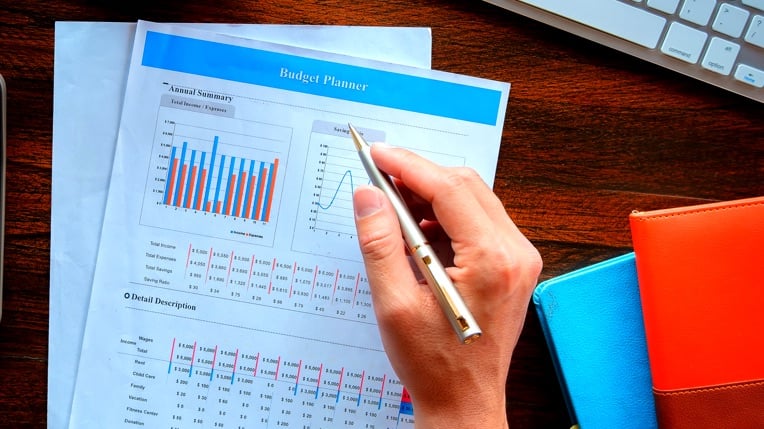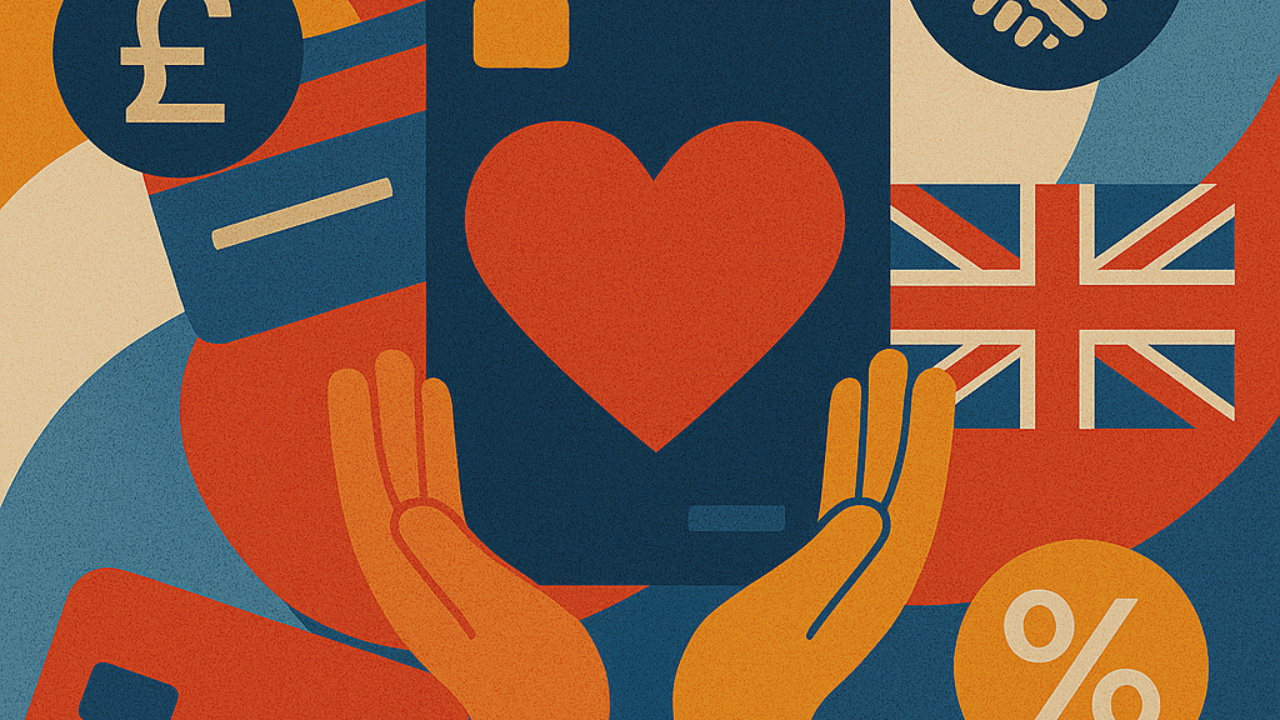Managing your expenses can be daunting, but debit cards offer a streamlined way to keep everything in check. Here are some tips for managing your budget with debit cards in the UK, to help you maintain financial discipline and achieve your financial goals.
Debit cards have become an essential tool for everyday expenses. With the availability of online banking and mobile apps, tracking your spending has never been easier. In this blog post, we’ll explore practical strategies to manage your finances effectively using debit cards.
Understanding Your Spending Patterns

Before you can manage your budget effectively, you first need to understand your spending habits. Analyze your bank statements regularly to identify where your money is going. Categorizing your expenses can reveal patterns and highlight areas where you can cut back. For instance, you might be shocked to find out how much you spend on dining out or on subscriptions you barely use.
With this awareness, you can set realistic limits on different categories of expenditure. Many banks in the UK provide tools and features that allow you to categorize your spending within their apps. Utilizing these tools can offer insights and help you make informed decisions.
Setting a Realistic Budget
Once you have a clear understanding of your spending patterns, the next step is to set a realistic budget. Establishing monthly spending limits for different categories such as groceries, entertainment, and utilities can guide your financial decisions. Stick to these limits to avoid unnecessary expenditures.
Setting a budget isn’t just about restricting your spending but optimizing it. Use budgeting apps that link directly with your debit card to get real-time updates on how much you’ve spent and how much is left for the month. This data-driven approach ensures you stay within your means.
Automating Savings
One of the best ways to manage your finances and ensure you save money is by automating your savings. Many banks offer the option to set up automatic transfers from your main account to a savings account every month. This helps you save without thinking about it.
Additionally, you can use apps that round up your spending to the nearest pound and transfer the difference to your savings account. For example, if you spend £2.75 on coffee, the app will round up to £3 and transfer the £0.25 to a savings account. These small amounts add up over time, helping you build a financial cushion effortlessly.
Utilizing Bank Features
Most UK banks offer a range of features that can help you manage your budget more effectively. From spending alerts to budgeting tools, these features are designed to offer more control over your finances. Familiarize yourself with these tools and use them to your advantage.
Many banks provide the option to set up spending alerts, where you receive notifications if you’re approaching your set budget limits. These alerts can be set for daily, weekly, or monthly spending, helping you stay on track and avoid overspending.
Additionally, using features like transaction categorization can provide a clearer picture of where your money is going. This information is invaluable for making informed financial decisions. Most banking apps also allow you to set financial goals, such as saving for a holiday or building an emergency fund, making it easier to stay motivated.
Leveraging Cashback and Rewards Programs
Many debit cards in the UK offer cashback and rewards programs, which can be a great way to get a little something back on your day-to-day spending. Look out for cards that offer these perks, especially those that align with your spending habits.
For example, some cards may offer cashback on groceries or fuel, while others might provide rewards points for dining out or online shopping. Accumulating these rewards can lead to significant savings over time. However, be cautious and ensure that your spending is driven by necessity rather than the desire to earn rewards.
Practicing Disciplined Spending
Lastly, disciplined spending is crucial for successful budget management. Before making any purchase, especially larger ones, take a moment to assess whether the expense is necessary. This simple habit can prevent impulse buys and keep you aligned with your financial goals.
Using a debit card makes it easy to track spending, but it also requires self-control. Only spend what you have and avoid dipping into overdrafts unless absolutely necessary. Over time, this disciplined approach helps foster better financial habits and ensures you remain within your budget.



